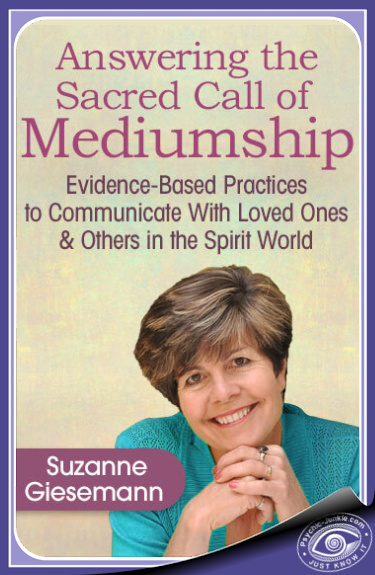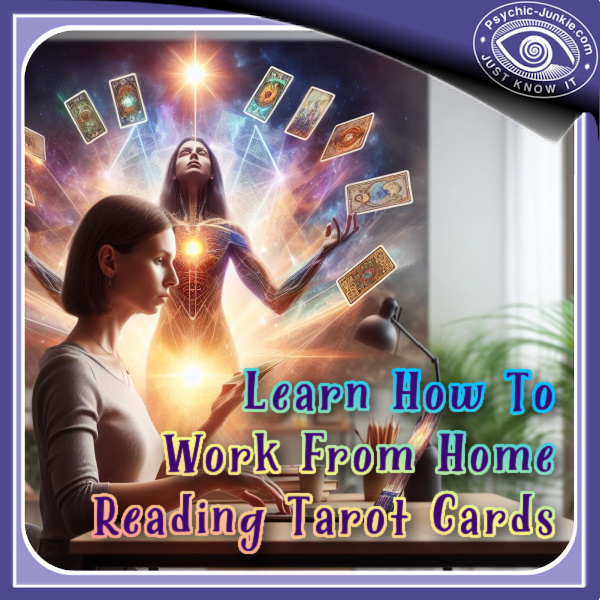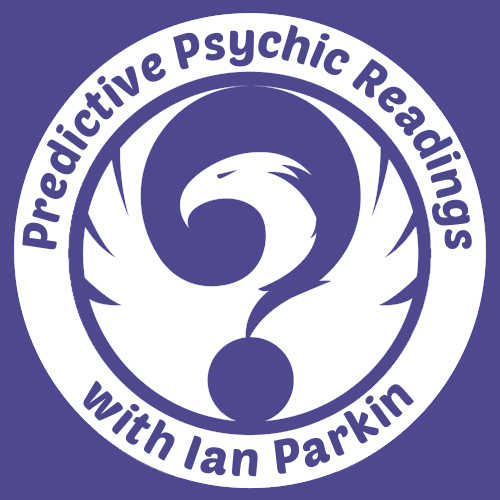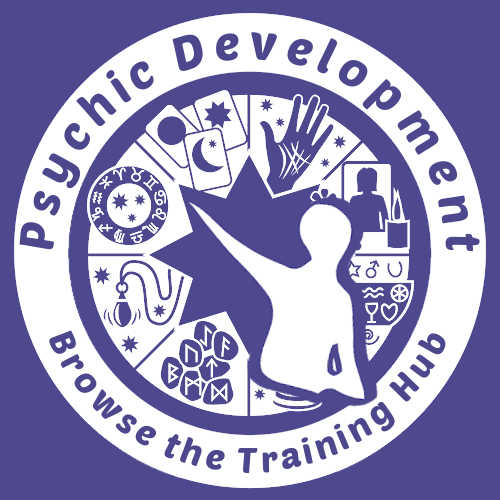- Home
- InTuition
How To Experience Intuition (Your Own 6th Sense) In Tangible Ways
When I attended a mystery school in the 1980s, one of the first lessons I learned was to experience intuition in action. A simple exercise was demonstrated that involved capturing someone's attention without speaking or making direct eye contact. We would simply focus our intent and attention on the back of a random person's head, and within a minute or so, that person would often glance back at us or acknowledge our presence in some subtle way.
We practiced this exercise multiple times while in a busy shopping mall. It wasn't a supernatural or mystical skill, but rather an illustration of a basic human capacity that originated long ago. Even our primitive ancestors, the cavemen, could often feel when they were being watched, allowing them to prepare for potential danger or threats.
The exercise we learned did not showcase any extraordinary psychic powers. Rather, it demonstrated how each person we focused on responded to their own intuitive awareness, often without consciously realizing why they had turned to look around. It was a tangible example of the low-level, background intuitive faculties that we all possess, but often fail to notice or utilize in our day-to-day lives. The lesson highlighted how tuning in to these subtle perceptual cues could heighten our overall intuitive aptitude and sensitivity.
"Intuition is really a sudden immersion of the soul into the universal current of life, where the histories of all people are connected, and we are able to know everything, because it’s all written there" - Paulo Coelho > The Alchemist
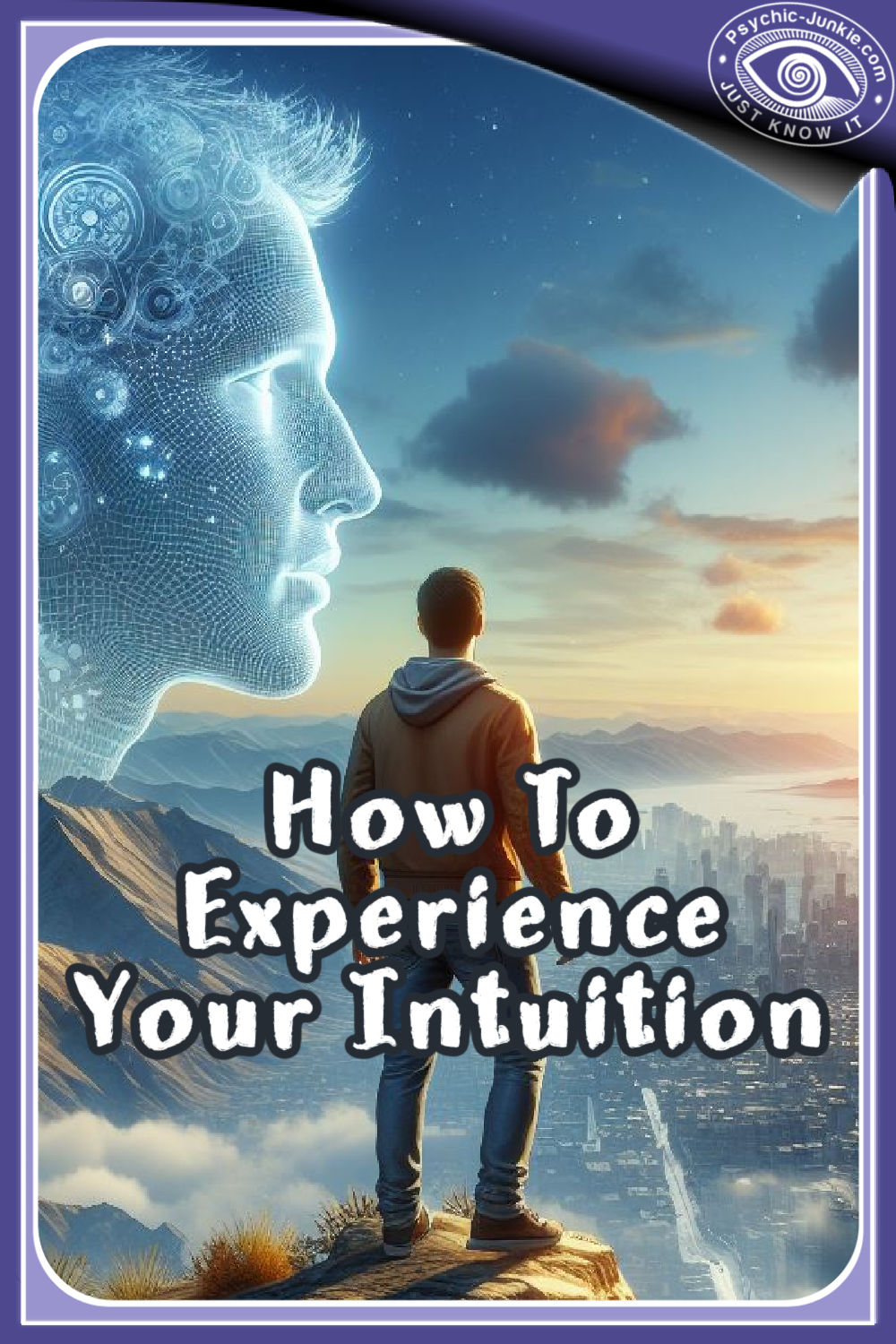
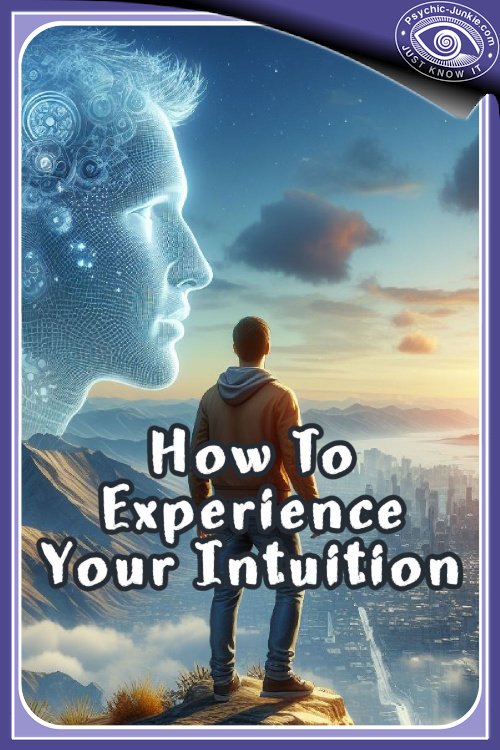
The Power To Acquire Real Guidance From Your Soul
Here are some scenarios for experiencing your intuition. This element of extrasensory perception is something everyone can explore. It comes from within and may be the product of your mind's ability to gather facts surrounding an event combined with certain metaphysical capabilities. Developing your intuitive aptitude can lead to reliable inner guidance on demand.
5 Ways To Experience Intuition
1 - You have the ability to feel the intentions of others.
- People set off a feeling and everyone can perceive it. They may get a “gut” reaction that can be as obvious such as a blow in the stomach or just an easy feeling. It's part of our makeup. Learning to listen to your gut feelings and separate them from all the other thoughts in your head is the difficult part.
2 - Minds process information extremely fast, quicker than you can put that information into words.
- Have you ever met someone and immediately disliked them without conscious thought? You can't put your finger on it, but you know something is wrong. That message can occur when your mind processed their stance, the words they spoke, their body language and put them together with a red flashing warning signal. It wasn't one thing, but the incongruity of the entire picture. You do not consciously see the incongruity, but it registered at a subconscious level.
3 - Learn to separate emotions and logic from intuitive promptings.
- Tough, but not impossible if you pay close attention. Note everything about the situation and your reaction when you have the feeling or voice. An emotional reaction is often different from a logical one or even intuitive one. The more you pay attention to everything surrounding a circumstance, the easier it will be to separate the three and know it's your intuition telling you to act, watch out, or prepare for something.
4 - Paying attention to your intuition increases its power.
- Your intuition can message you in a variety of ways. When I'm unknowingly in a bad situation, mine literally punches me in the stomach. I feel a firm blow and know it's time to make an exit plan. Other, less urgent times, I get a thought or voice from nowhere or have a flash of inspiration. Pay attention to the cues your intuitive aptitude provides. Be very aware of the things you experience, and you'll learn to know when your intuition is warning you or telling you to go full steam ahead. Track it in a journal.
5 - Sleep on it.
- Sometimes someone will tell you to “sleep on it” before you make decisions. It's a good idea. Many complex breakthroughs in science and historic events came to the people from a dream. Ask yourself the question that needs an answer and decide that your intuition will tell you how to resolve it as you sleep. Have a paper and pencil on the bed stand to record the answer upon awakening or you'll forget it.

How We Sabotage Our Intuitive Sense
There are many ways we can sabotage our own natural intuitive aptitudes. Here are 9 examples and what we can choose to do instead:
1. We hurry so much that we don’t take time to experience intuition.
- We need to slow down or just be still for our intuitive aptitude to engage.
2. We don’t look for the symbolism in things or events nor do we develop our symbolic ability.
- We need to be open to possibilities.
3. We let our ego control us and insist on being in charge/controlling everything around us.
- The ego is threatened by the presence of your intuition.
4. We confuse intuitive aptitude with fear and wishful thinking.
- When we stay in our heads and let our emotions control us, we lose the gift of what our intuition can offer.
5. We continue to associate with people who don’t believe in intuitive aptitude or want to use it.
- Intuition is contagious. But so is a lack of intuition.
6. We think we can experience intuition by force just like we can pedal a bike or pump weights.
- Intuition comes where and when invited, but not on demand.
7. We insist on staying in our logical, rational, analytical thinking as the only way to find solutions to problems and for important decision making events.
- When we are centered, using all our emotional intelligence tools and habits, intuition can flood us with many creative alternatives that the intellect could not conceive.
8. We listen to our ego when it tells us it can handle the problem or situation itself.
- We allow the ego to reject the insights that intuitive aptitude offers up.
9. We believe we don’t need to learn tools, skills, and habits to experience intuition in a trustworthy way.
- By getting trapped in the endless loop of our heads, we never get a chance to develop our intuition to see how good it can become.
FAQs To Help You Experience Intuition
What is intuition?
What is intuition?
More commonly recognized as having a gut feeling about something, intuition is your psychic ability to acquire guidance and knowledge without proof, evidence, or conscious reasoning.
How do you improve your intuition?
How do you improve your intuition?
Everyone has the ability to use this extra sensory perception, so there's nothing magical about it. It's like communicating. Intuition can be honed like any skill. Everyone has the ability to communicate in one fashion or another. The more you hone your intuitive ability, the better you'll be at it. Start practicing with easy and unimportant exercises and very slowly lead up to the important stuff. This way you build experience so that you can trust your gut.
What is the difference between being intuitive and psychic?
What is the difference between being intuitive and psychic?
It could be said that there is no difference between the two. But here are two scenarios where your intuitive aptitude might differ from psychic ability. 1) Let’s say you are trying to solve a problem at work. You have looked at all the possible solutions with conscious attention, yet you cannot decide on the best way forward. Your boss steps in, trying to help, says “let’s go with Plan B”. You quickly get that sickly gut feeling when you imagine proceeding with Plan B. That is an intuitive hunch. For me if I can’t decide on an option when making decisions, noticing my gut feeling for proceeding with an option has been one of the best rules of thumb for using my intuitive aptitude. 2) Let’s say you are choosing between two people who to date. If you can get your hands on an object regularly used be each, (a watch, phone, pen, coat, etc.) hold the item and notice any feelings or images that come to mind. That is the psychic ability known as psychometry.
Are instinct and intuition both the same thing?
Are instinct and intuition both the same thing?
Our primitive brain, which holds the limbic system, receives physical information from our five senses and then processes that into gut feeling resulting in instinctive fight or flight actions. The limbic system can also receive intuitive promptings, metaphysical information, that is then processed into feelings for action in one way or another. In a nutshell instinct works with physical information and intuition works with metaphysical information.
What can intuition do for me?
What can intuition do for me?
Developing intuition can help you make better decisions. Assist in choosing the right action to take. Help you pick the best person in personal or business situations. Clarify which would be a better direction to go in. Your own intuition can become your best and most trusted psychic adviser.
Is intuition always right?
Is intuition always right?
Yes, trust your intuition because it is always right. Real intuitive experiences will have these characteristics: they are non-judgmental, non-emotional, short and to the point, fleeting and subtle, non-egotistical, simple, and symbolic rather than fearful or guiltful. If it seems like your intuition is trying to scare you, it is NOT your intuition.
To ask questions, add answers, or comments about how you experience intuition please use my contact form. Please start the conversation with the heading [RE: To experience intuition]
Or if you're inspired to write an article on this subject, please submit a guest post here.
Learn To Liberate More Of Your Intuition And Personal Power
Right now, you’re probably only tuned into two of your body’s wisdom areas - your brain or your heart, and, if you’re deeply intuitive, maybe your gut.
However, you may not be using the deep wisdom of your entire body to its full capacity - for clearer intuition, greater energy, and even more joy.
In this exciting hour-long virtual event with Suzanne Scurlock, you’ll discover the first steps you need to take to discover where you’re “not in your body” - and how you can expand your awareness of your body wisdom areas and use them as incredible navigational systems steering you towards greater intuition, wisdom, personal power, and joy.
Registration for this virtual event is free.
Click here to reserve your space now > >
Learn To Be A Psychic Medium
An Evidence-Based Path to Communicate With Loved Ones & Others in the Spirit World.
In this FREE hour with Suzanne Giesemann, you will: Gain an understanding of “evidential” mediumship and why it’s so sacred. Discover the 3 keys to mediumship: Belief in the Spirit World, alignment, and a shift in focus from the physical to the Spirit World. Learn how you can begin communicating with your loved ones who have passed. Find mediumship can be a path for your soul’s evolution. Hear about what makes a reading “evidence-based” - and how this form of mediumship raises the bar and meets the true goal of being an authentic and indisputable voice for Spirit. Experience a practice to connect with your guides and ask them for signs. Click here to learn more about this free event > >
Test Your Psychic Ability
The Lifeleap Institute’s Psychic Project is a unique online psychic development tool using real people and events as "psychic targets."
They start by asking you to focus on the "psychic targets" and answer a series of special questions about these targets.
They then reveal to you the actual psychic targets. You get to compare your results with the actual psychic targets. You also get to see the results of other participants.
Even if you think you have no psychic ability, this tool will offer proof that you do.
It's easy to participate and the Psychic Project is free!
Click Here To Test Your Psychic Ability
Develop Your Intuition And Become An Online Tarot Card Reader
You can learn how to become a professional online tarot card reader in 90 days or less with Tatiana Jones' bestselling course.
In this short course, Titania teaches everything you need to know to start an online tarot reading business - with zero experience required!
You do not need to be psychic to read tarot cards online! It is all about being intuitive and “connecting the dots”.
Tarot Reading Entrepreneurship
- Help People Find Meaning
- Work Remotely
- Set Your Own Hours
- Replace Your Full Time Income
- Work Just A Few Hours Per Day
- Home
- InTuition
Wiki - Intuition
Ian Parkin is the author of this post.

